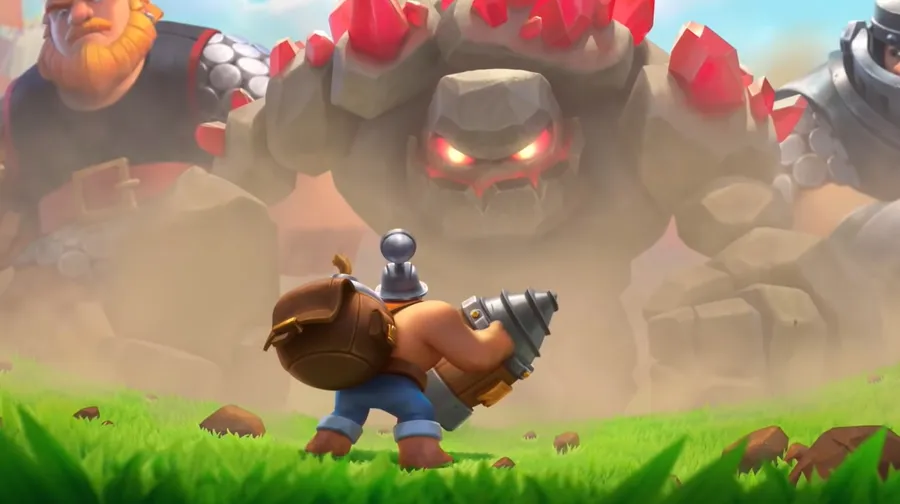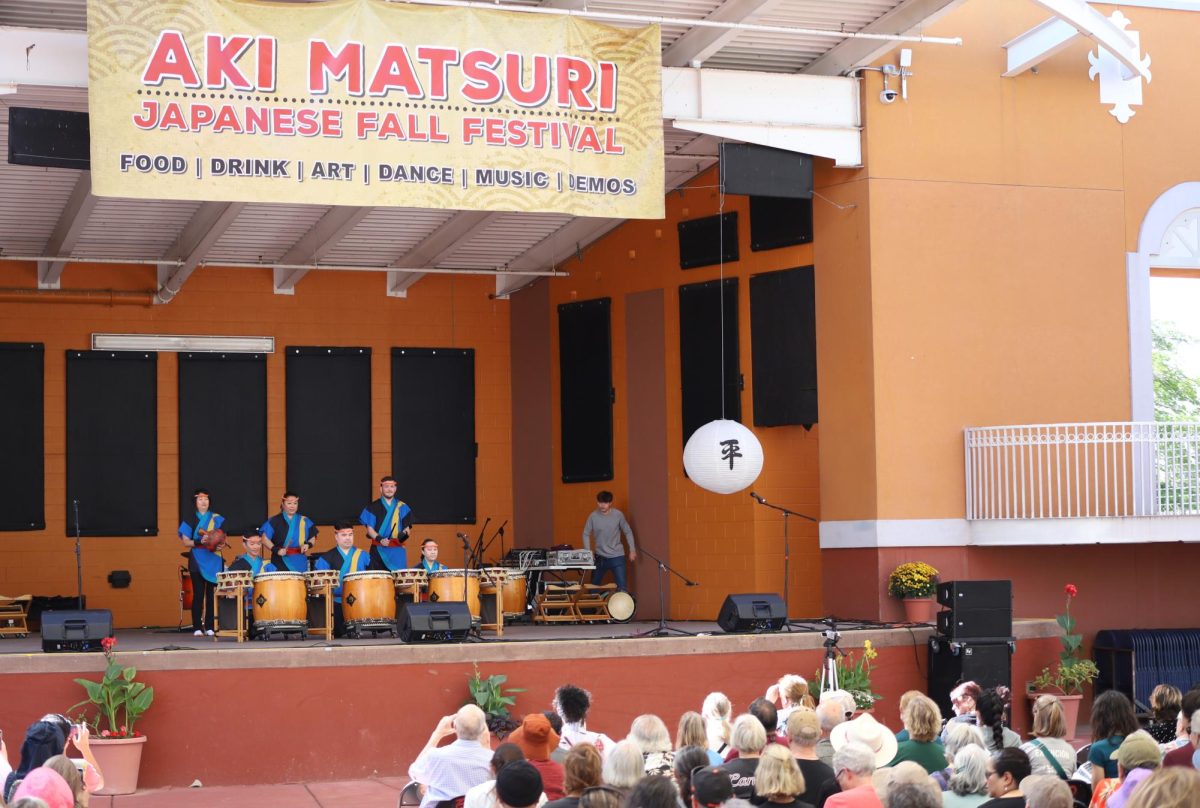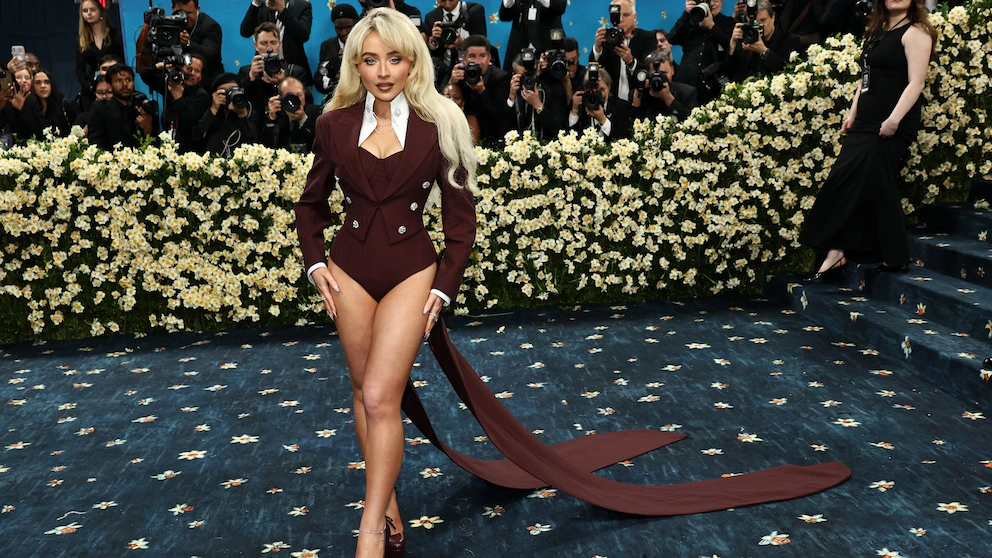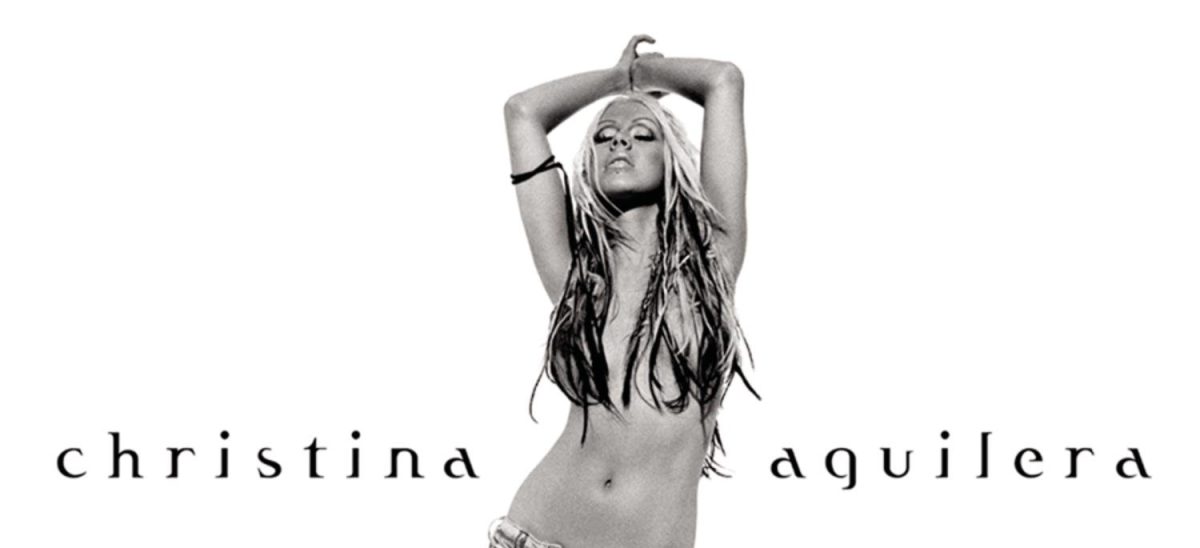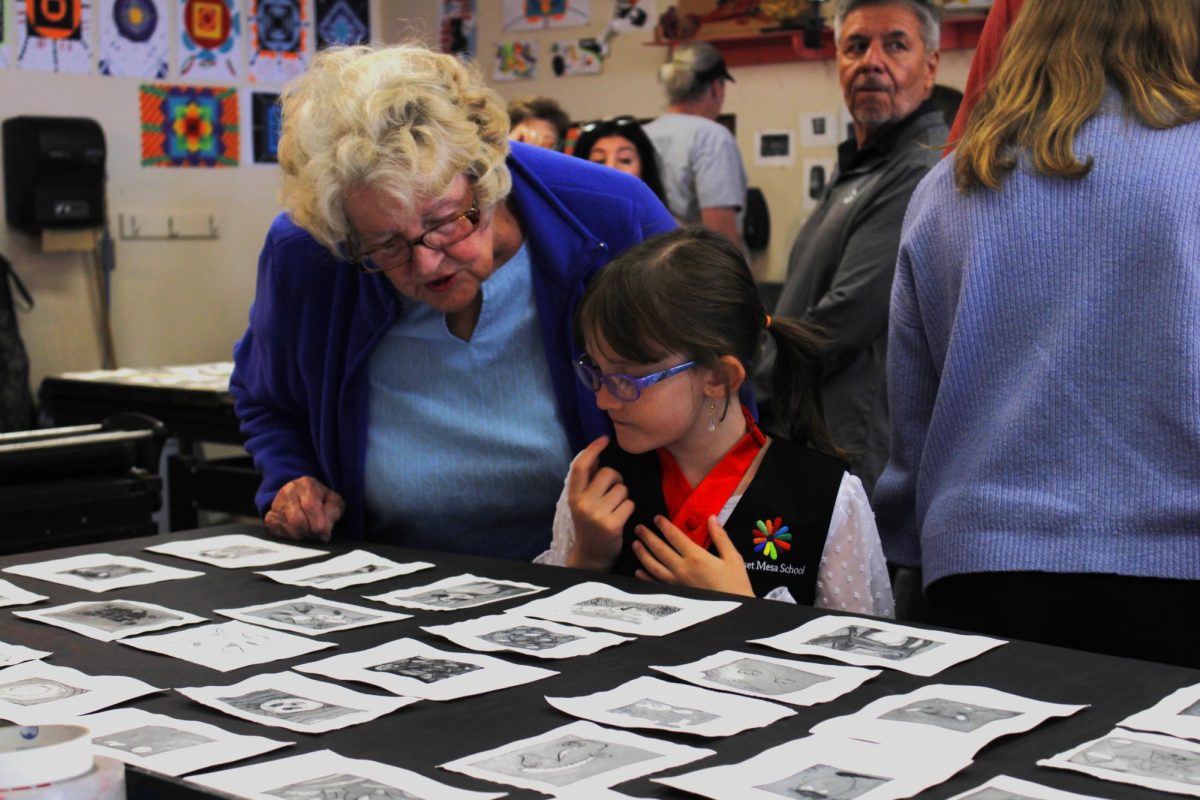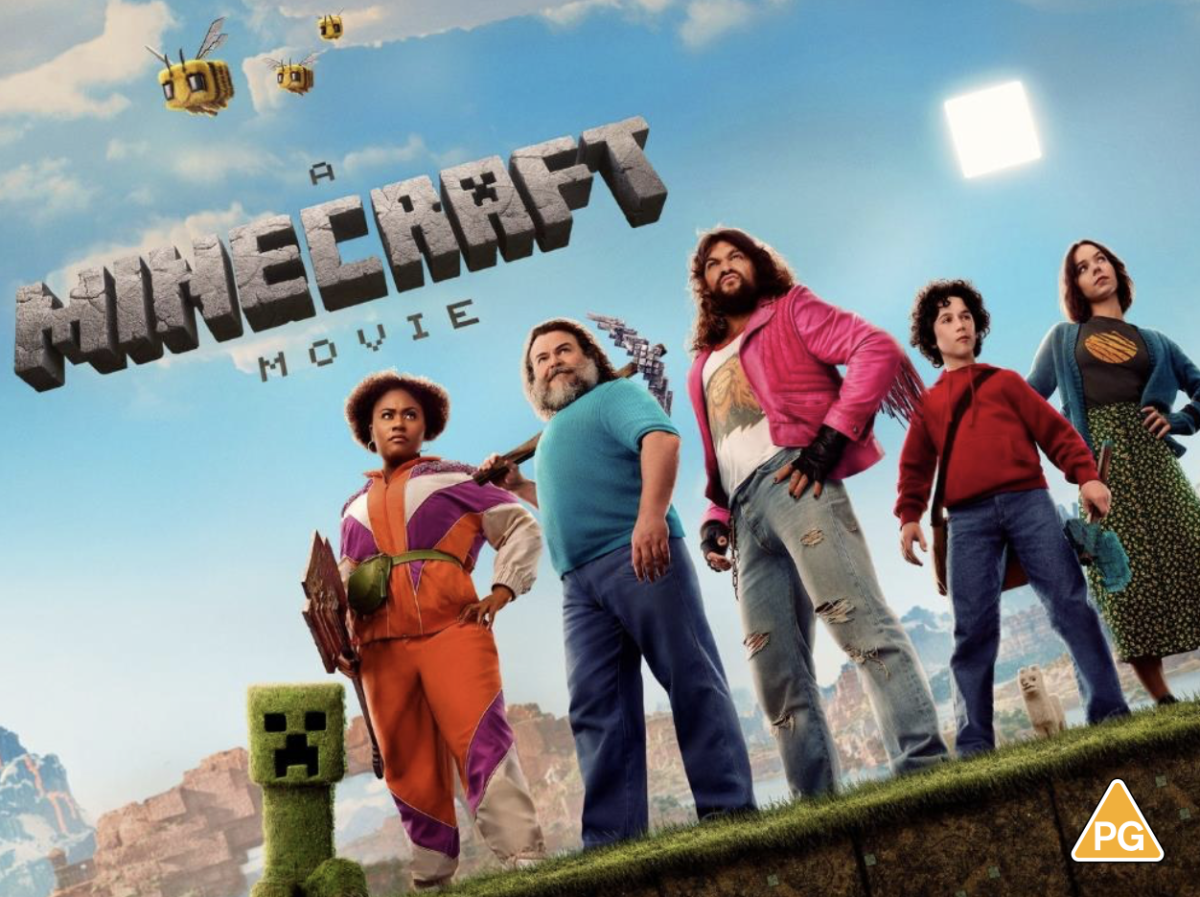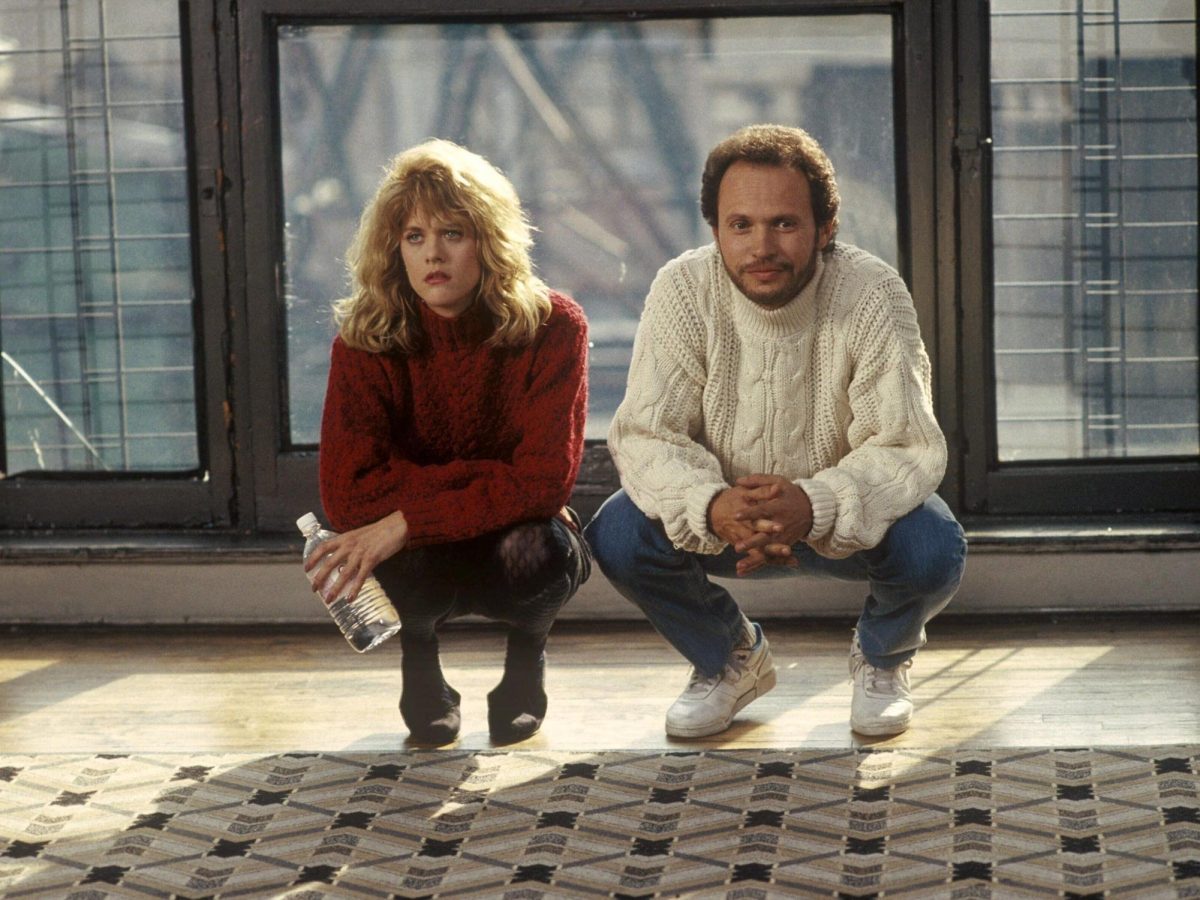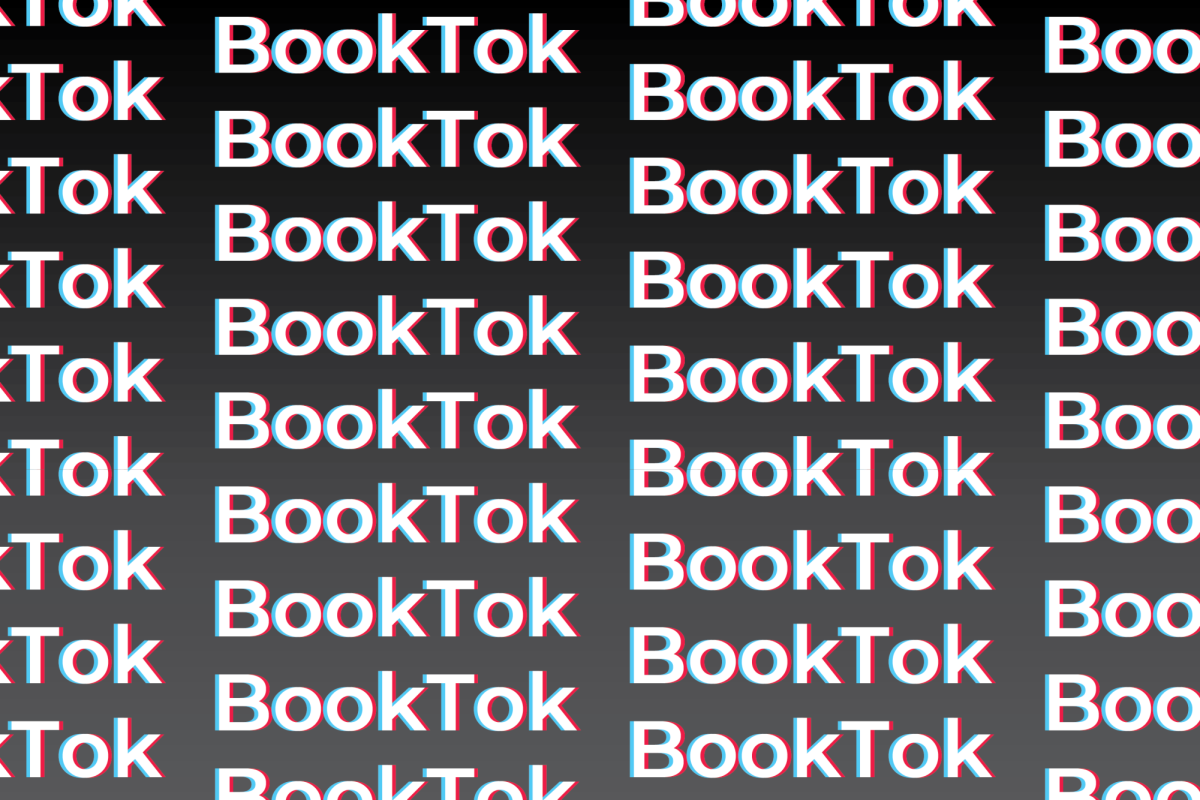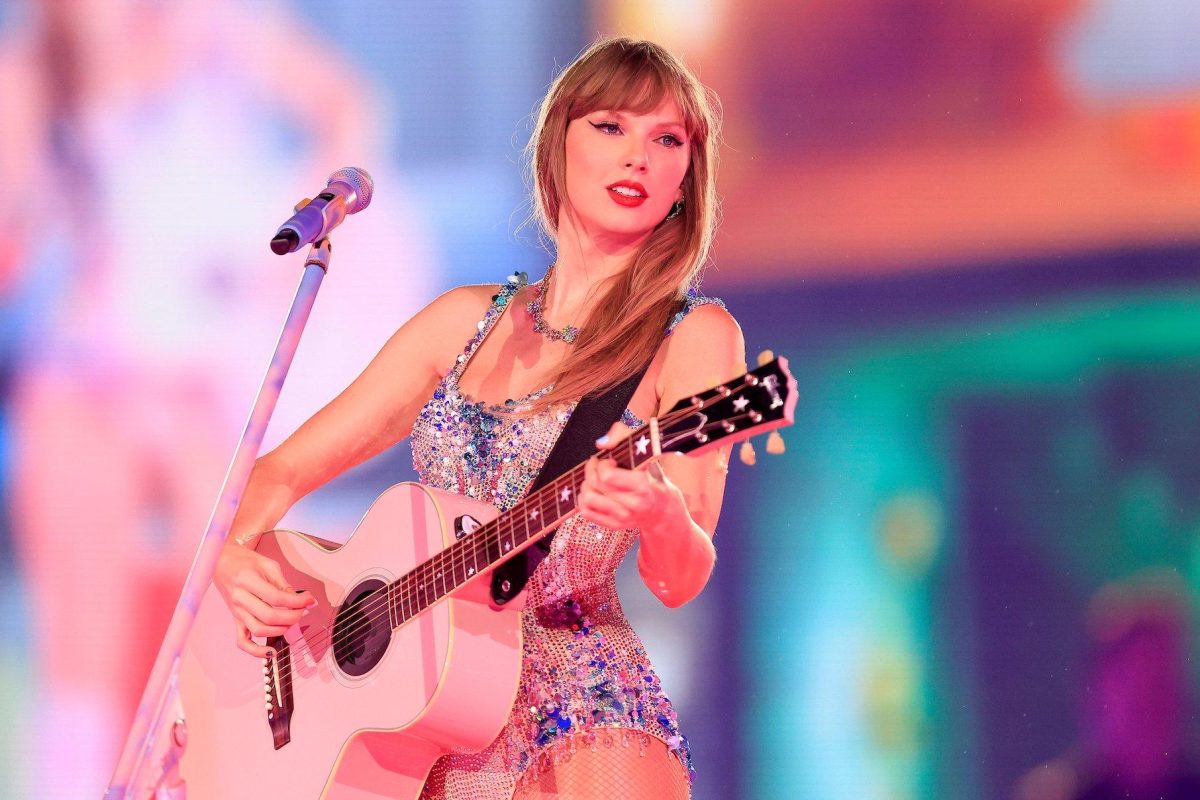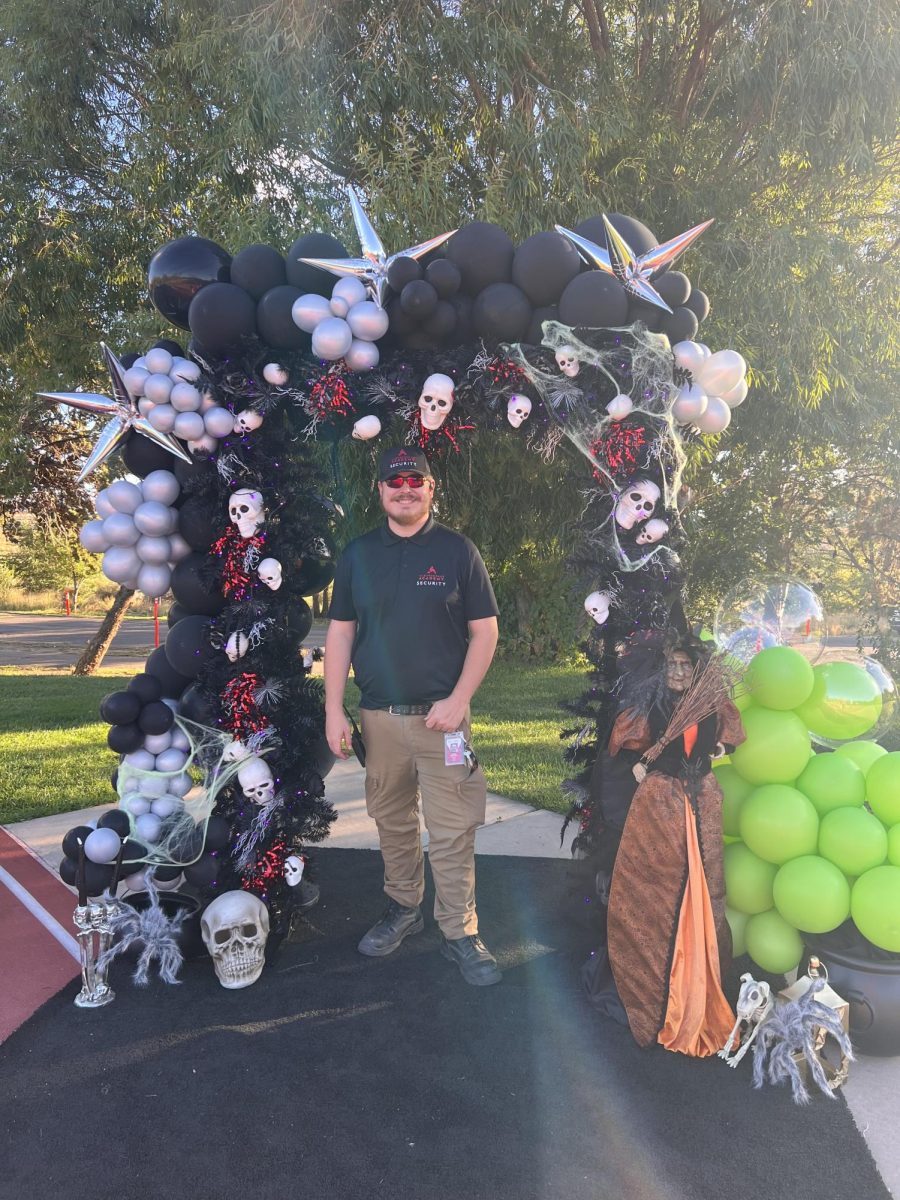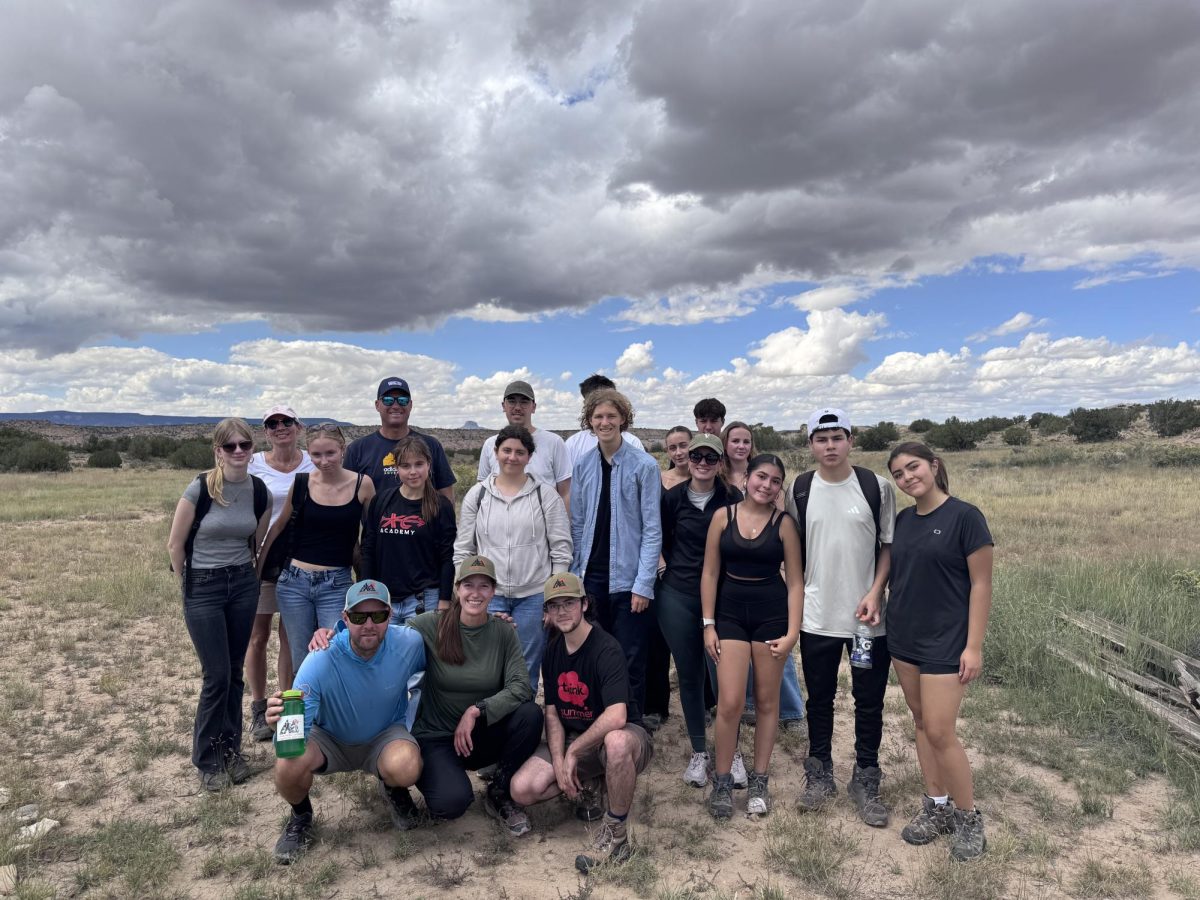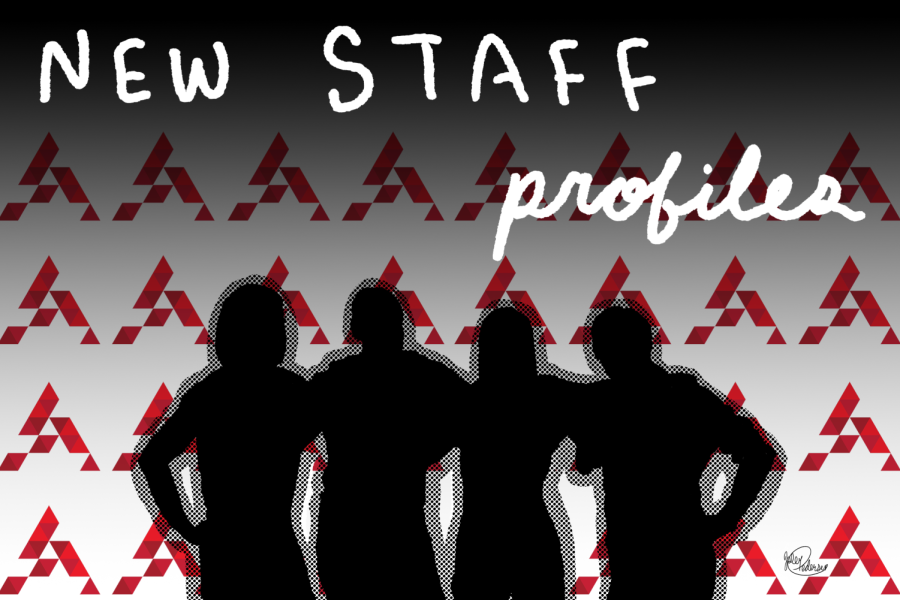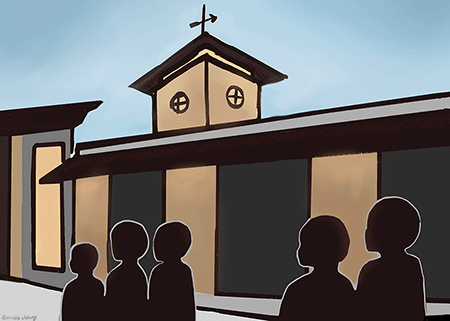Since the popularization of mobile games in 2009, numerous influential mobile games have emerged and subsequently disappeared. Think back to the Angry Birds craze in 2011, or the youth’s addiction to Pokémon GO in 2016. These games once had people everywhere in a chokehold, but now no one seems to remember them. Along with these forgotten mobile games, there was one that seemed destined to fade – until it made a comeback unlike anyone has ever seen.
Once a fading relic of the 2010s, the popular mobile game “Clash Royale” has recently made an unexpected comeback in schools everywhere, including Albuquerque Academy. For those unfamiliar with the game, Clash Royale is a fast-paced strategy game where players collect cards featuring troops, spells, and defenses to battle opponents in real-time duels. Its comeback, fuelled by new game mechanics, a fresh marketing push, and the influence of “Twitch” streamer Jynxzi, has sparked renewed interest among students everywhere. However, with this surge of popularity also comes a growing concern about the negative effects that the game may have on students’ focus and well-being.
Clash Royale’s resurgence wasn’t coincidental. While the aforementioned updates to the game’s mechanics and marketing campaign helped, many say that the biggest factor in the game’s comeback was popular influencer and “Twitch” streamer Jynxzi. ”He’s a very popular guy,” says William’27. “He has a lot of influence on the youth.” Jynxzi, whose content primarily revolves around video games such as Clash Royale, is widely regarded by most who know him as entertaining, funny, and extremely engaging. William, along with many other players, credits Jynxzi’s influence as the driving force behind the game’s return to the mainstream. Yet, as with any popular trend, the game’s traction has left many wondering how it could affect the lives of the students who spend so much time playing the game.
William, an accomplished student and star quarterback, has a packed schedule. Yet, even with homework and practices, he still finds time to play Clash Royale. For him, as for many others his age, the game is a major hobby that provides a break from his busy routine. Although his experience with Clash Royale is mostly positive, his love for the game comes with its downsides. “There are times when I’m supposed to be doing homework or talking to a loved one, but instead I have to play Clash Royale,” says William. While he manages to balance school, sports, and hobbies such as Clash Royale, he admits that the game has a tendency to pull his attention away from other responsibilities, a challenge he shares with many students.
Many of you may be wondering what it is that makes Clash Royale so popular (and time-consuming), and Ben ‘27 just might have the answer. He explains that two of the game’s biggest draws are “how fast it can be played” and “the transactional element,” which together make it both engaging and difficult to put down. By “transactional element,” Ben is not only referring to the constant cycle of earning and spending in-game rewards, but also the game’s microtransactional elements that seem to hook players. Ben ‘27, a close friend of William and fellow student athlete, shares William’s interest in Clash Royale. However, his relationship with the game is far more toxic than that of his peers. Ben explains that he feels as if he “ [has] to keep going until [he] achieve[s] a certain number of trophies.” He also mentions that losing games can “take a toll on [his] mental health, which led him to delete the game multiple times. Despite its entertainment value, Ben’s experience with Clash Royale highlights the fine line between a casual hobby and an activity that can become mentally exhausting.
While the game can prove to be stressful and time-consuming for some players, others find that it has a social side to it that brings people together. To explore this positive aspect, Maddy ‘27 shares her experiences with how Clash Royale has strengthened friendships and created a sense of community among players.
“It connects me with my friends,” says Maddy. “I think that it’s a fun way to build community.” One reason for Clash Royale’s popularity among students is the ability to play with friends, turning the hobby into a shared experience. The ability to coordinate, challenge one another, and celebrate wins together could be what makes the game so engaging among students. When asked about the negative effects that the game has on the lives of students, Maddy simply didn’t agree. “I have a job, I get good grades, and Clash Royale has never been an issue for me,” she says. When asked why the game has never posed a problem for her, Maddy says, “It’s just a hobby for me, I don’t care about it that much.” For some, mobile games like Clash Royale are about relaxation rather than winning – a reminder for some students that Clash Royale and other games CAN be a balanced part of your life.
Whether seen as a fun pastime, a way to connect with friends, or a potentially distracting hobby, Clash Royale has clearly left its mark on the lives of students in Albuquerque Academy. Its resurgence shows how games, influencers, and social interaction can shape trends in schools, highlighting both the joys and challenges of mobile gaming in a student’s daily routine.


